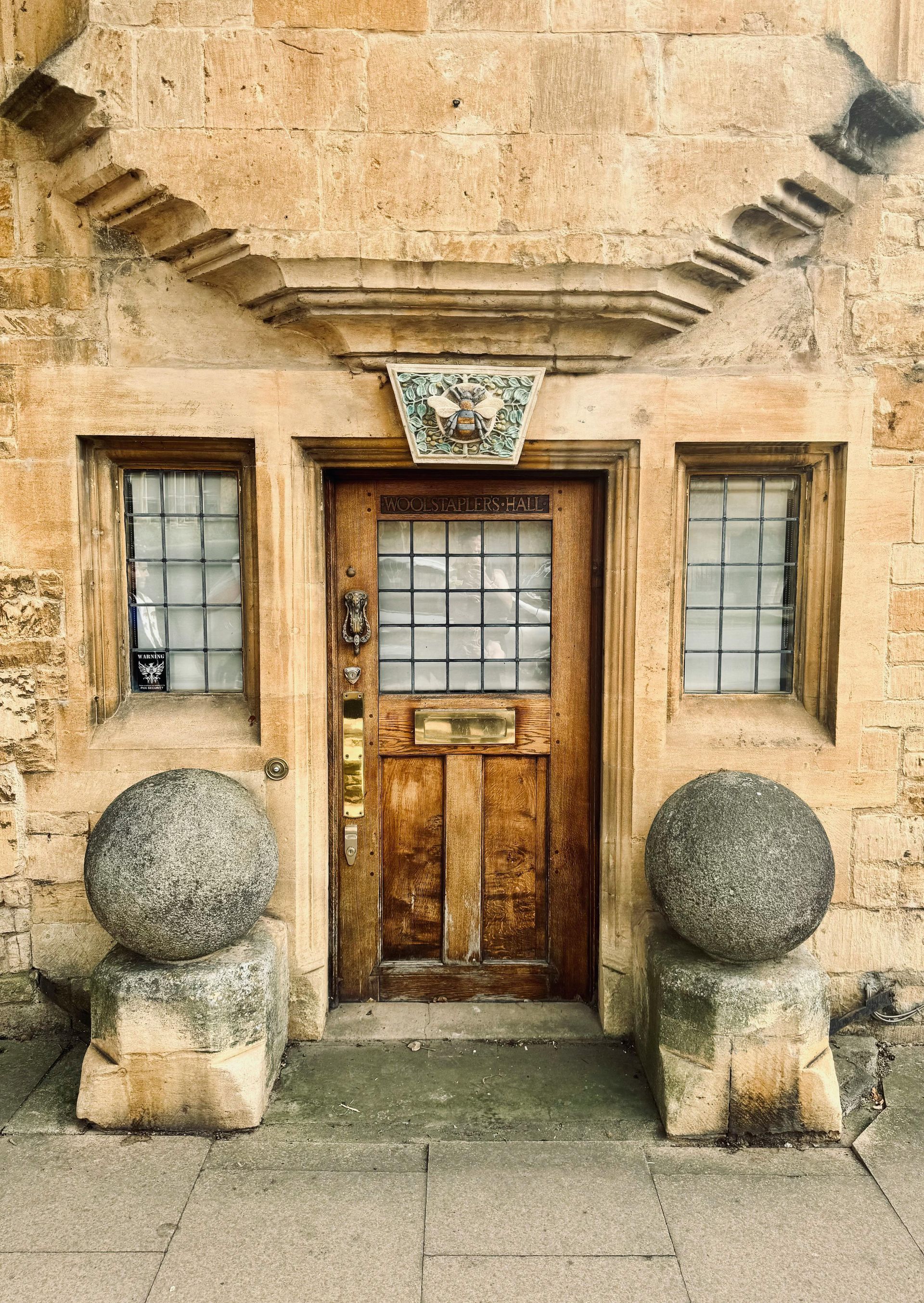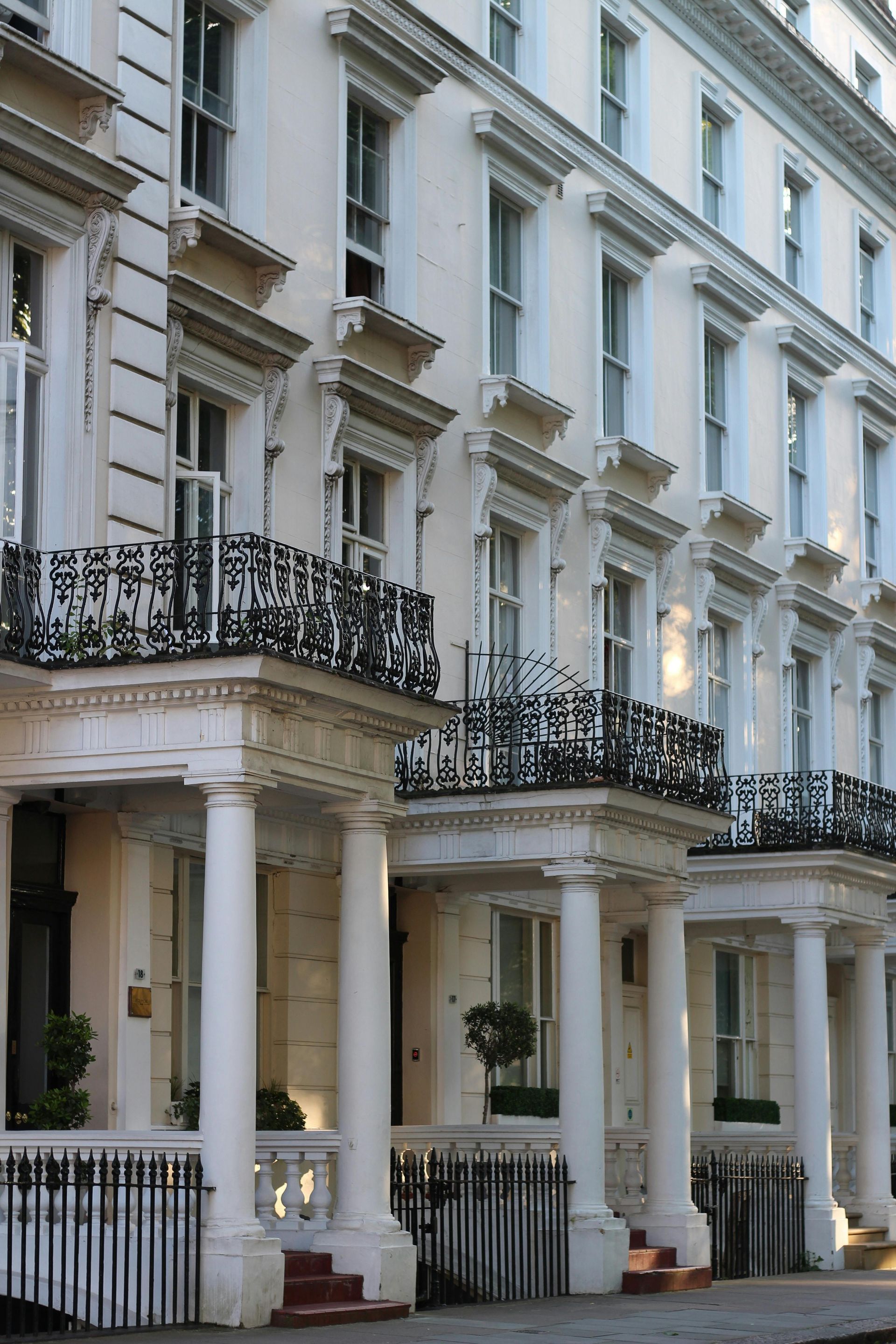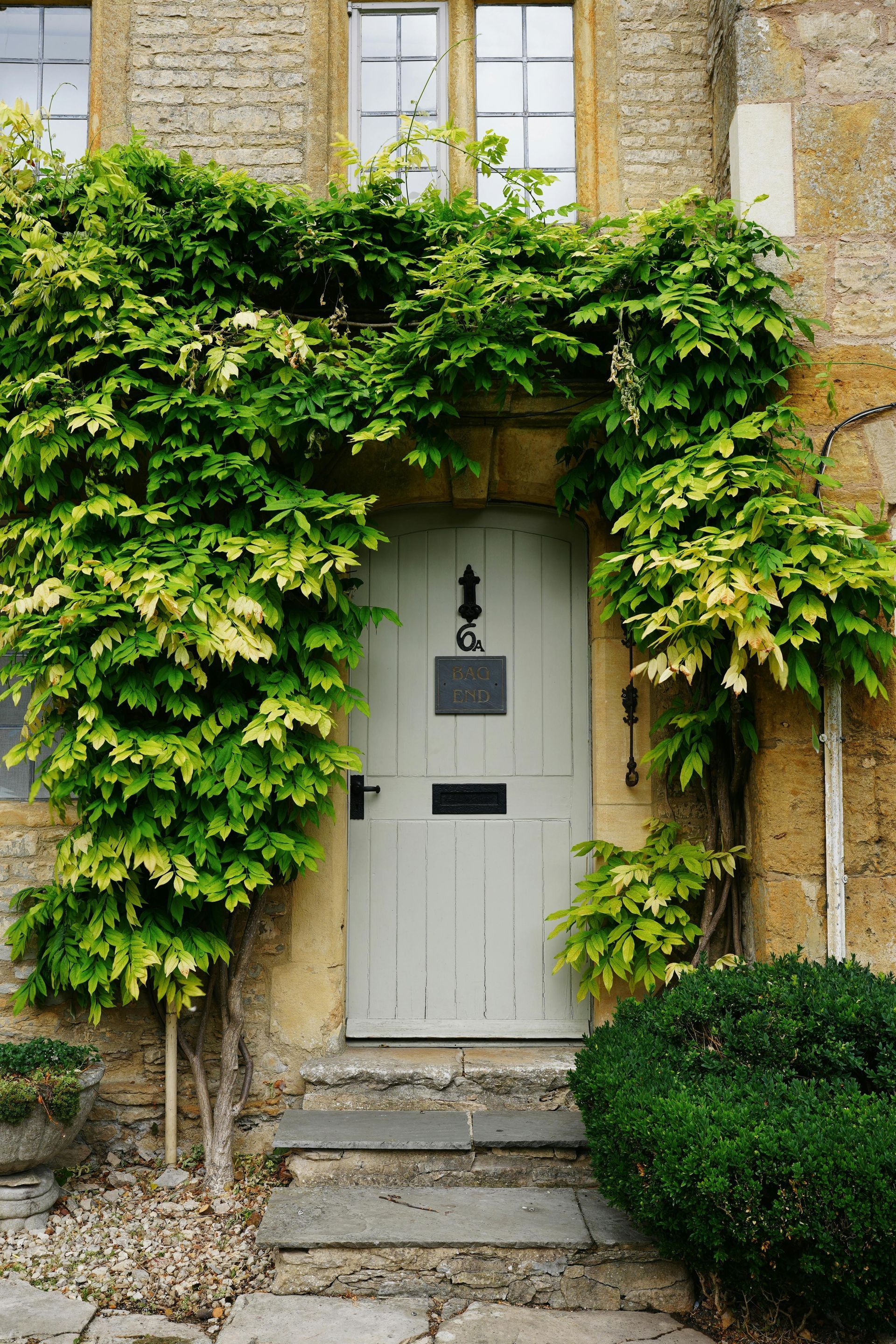For many Qatari families, the choice to purchase property in the UK is not just a financial transaction. It is also a matter of principle. Ensuring that borrowing aligns with Islamic law is as important as securing the right location or achieving a competitive interest rate. In recent years, the availability of Sharia-compliant finance in the UK has grown considerably, providing Qatari buyers with access to a sophisticated range of solutions.
In 2025, these facilities are no longer niche. They are mainstream, supported by both specialist Islamic banks and private banks in London that have developed tailored structures. For Qataris investing in Prime Central London or across the wider UK market, understanding how these facilities work — and how they fit into broader family and wealth strategies — is essential.
Why Sharia-Compliant Finance Matters to Qatari Buyers
The Qatari relationship with London is long established. Families have invested for decades, often holding properties through trusts, companies, or family offices. Yet the religious and cultural requirement for Sharia compliance means that conventional mortgages are not always suitable.
This does not mean that Qatari families avoid leverage altogether. On the contrary, finance plays a central role in portfolio diversification.
Borrowing allows liquidity to remain available for global investments, from infrastructure to private equity. The key is structuring that borrowing in a way that avoids riba (interest) and instead uses contracts recognised under Islamic principles.
The need for compliance has also been heightened as Qatari families become more professionalised in their wealth management. Family offices and in-house advisers are increasingly tasked with ensuring that global holdings, including UK property, reflect the family’s values as much as their financial goals.
The Main Sharia-Compliant Structures in the UK
There are three main facilities typically used by Qatari buyers in London today:
Ijara (Lease-Based Finance)
Ijara is one of the most common structures. The bank purchases the property and leases it back to the client over an agreed term. Instead of paying interest, the client pays rent. Ownership is transferred to the client at the end of the arrangement. This approach is often used for residential purchases in Prime Central London, where families intend to occupy the property.
Murabaha (Cost-Plus Financing)
In a Murabaha arrangement, the bank buys the property and immediately sells it on to the client at an agreed profit margin. Repayments are then made in instalments. This structure can be particularly useful where a family office wants a fixed repayment schedule and transparency over costs.
Diminishing Musharaka (Partnership Agreement)
This model creates a partnership between the client and the bank. Both parties own a share in the property, and the client gradually buys out the bank’s share over time while paying rent on the portion not yet owned. This is a popular option for multi-generational families who may prefer gradual ownership transitions.
These models are not theoretical. They are available today from a mix of Islamic banks with UK subsidiaries and international private banks with Sharia desks. In our article on
Sharia-compliant mortgages for UK buyers, we explained how these facilities have become more accessible. For Qatari families, they are central to both residential and investment strategies.
Comparing Sharia and Conventional Finance
It is important to recognise that Sharia-compliant products can differ from conventional mortgages in cost and structure. While headline profit rates may sometimes appear higher than traditional interest rates, they often come with added flexibility. For example, some Ijara facilities allow early settlement without penalties, making them attractive for families who may wish to exit an arrangement quickly.
Furthermore, Sharia structures are often more easily integrated into corporate or trust-based ownership, something we explored in detail in our article on
lending to offshore trusts. For Qatari buyers, who almost always purchase through vehicles rather than in personal names, this flexibility is critical.
Real World Example: A Family Acquisition in Knightsbridge
Consider a Qatari family purchasing a £12 million townhouse in Knightsbridge. The family office wishes to retain liquidity for other investments in Doha and Singapore, so financing is required. A conventional mortgage is not an option due to religious requirements.
Instead, the family opts for a Diminishing Musharaka structure with a private bank. The family contributes 40% equity upfront, while the bank provides 60%. Over time, the family gradually buys out the bank’s share, paying rent on the portion they do not yet own. This arrangement allows the family to:
- Avoid riba, keeping the transaction Sharia-compliant.
- Retain liquidity to invest in a Qatari infrastructure project.
- Position the property within a Jersey trust for succession planning.
This example illustrates how financing is not simply about access to capital. It is about aligning religious, financial, and structural requirements in a single facility.
The Role of Private Banks
While Islamic banks provide many of these facilities, private banks are increasingly active. They recognise the importance of serving Qatari clients, who may have multi-billion-dollar portfolios spanning real estate, equities, and infrastructure. Offering Sharia-compliant lending is no longer just about capturing a mortgage; it is about building a broader banking relationship.
This trend mirrors what we discussed in our blog on
private client finance. For Qatari families, the mortgage is often just the entry point into a suite of services that include investment management, securities-backed lending, and estate planning.
Sharia Compliance and Development Finance
Qatari investors are not confined to residential acquisitions. Increasingly, they participate in developments, from luxury refurbishments in Belgravia to boutique hotel conversions in Kensington. Structuring finance for these projects can be complex, particularly where joint ventures are involved.
Islamic finance models can be adapted for development. Musharaka structures, for example, are well suited to partnerships, allowing both lender and client to share in profit and risk. We examined similar dynamics in our guide to
joint venture property finance, where co-investment models are increasingly used. For Qatari buyers, this flexibility ensures that even commercial projects can align with Sharia principles.
Challenges and Considerations
Despite the growing availability of Sharia-compliant lending, challenges remain. Documentation is often more complex, and not all lenders have the expertise to structure deals efficiently. Costs can be higher, and availability may be limited for certain asset classes. Inheritance and tax planning also need to be carefully integrated, as mismatches between Sharia structures and UK rules can create unintended consequences.
This is why advisory experience matters.
A transaction that appears straightforward on the surface — such as acquiring an apartment in Mayfair — may in practice involve multiple layers of complexity: offshore ownership, Sharia structuring, and cross-border tax advice. Without coordinated guidance, delays and complications can arise.
How Willow Private Finance Supports Qatari Buyers
At Willow Private Finance, we work closely with Qatari families and their advisers to secure Sharia-compliant solutions that meet both financial and cultural requirements. We have established relationships with leading Islamic banks, as well as private banks offering tailored Sharia desks. Our expertise ensures that facilities are structured to align with family office objectives, inheritance planning, and the broader wealth strategy.
Importantly, we do not view finance in isolation.
Whether the objective is a family home in Knightsbridge, an education-linked apartment near Hampstead, or participation in a development partnership, our role is to coordinate solutions that integrate seamlessly with the client’s long-term goals.
Conclusion
Sharia-compliant finance has moved from niche to mainstream in the UK. For Qatari buyers, it is not just a preference but a necessity. In 2025, the range of facilities — from Ijara to Musharaka — provides flexibility across residential, investment, and development purchases. When combined with careful structuring through family offices and trusts, these solutions ensure that Qatari families can continue their long tradition of London ownership while remaining true to their values.
The demand is not slowing. As tax reforms and currency movements reshape the market, Sharia-compliant finance will only become more central. For Qatari families, the choice is clear: London remains the anchor, and Sharia-compliant facilities are the bridge that makes ownership possible.
Frequently Asked Questions
What does “Sharia-compliant property finance” actually mean in the UK?
It means structuring the purchase or financing of property in a way that avoids interest (riba), uncertainty (gharar), and purely speculative risk. Instead, the finance is backed by real assets and uses models such as
Ijara,
Diminishing Musharakah, or
Murabaha.
Which Sharia finance models are most common for UK property in 2025?
- Diminishing Musharakah (co-ownership) — buyer and lender jointly own the property; buyer gradually purchases lender’s share while paying rent on the remainder.
- Ijara (lease-to-own) — the bank purchases the property and leases it to the buyer; the buyer makes lease payments and may acquire full ownership at term.
Murabaha (cost-plus sale) — the bank buys the property and then sells it to the buyer at a fixed profit margin, with repayment in instalments (no interest).
Which lenders in the UK currently offer Sharia-compliant property finance?
- Gatehouse Bank — offers Home Purchase Plans and Sharia-compliant buy-to-let finance.
- Al Rayan Bank — one of the more established Islamic retail banks in the UK.
- Offa — has recently expanded its Sharia-compliant products, including BTL (buy-to-let) and bridging finance, using co-ownership/leasing structures.
What are the special challenges for high-value or overseas buyers (e.g. Qatari families)?
They often require bespoke structuring to align with international tax, trust, and currency issues. Lenders will scrutinise ownership vehicles, beneficial ownership transparency, legal opinions, and Sharia board approvals. Also, liquidity, leasing assumptions, and exit mechanisms must be robust to satisfy both conventional and faith-based underwriting.
Why might Sharia-compliant finance be more expensive or complex than conventional mortgages?
Because these structures carry additional compliance, documentation, and advisory costs (legal, Sharia board reviews, bespoke drafting). The layering of equity, co-ownership and lease arrangements requires more sophisticated modelling and oversight.
📞 Want Help Structuring Sharia-Compliant Finance?
If you are a Qatari buyer exploring UK property, Willow Private Finance can help secure solutions tailored to your family’s needs.











